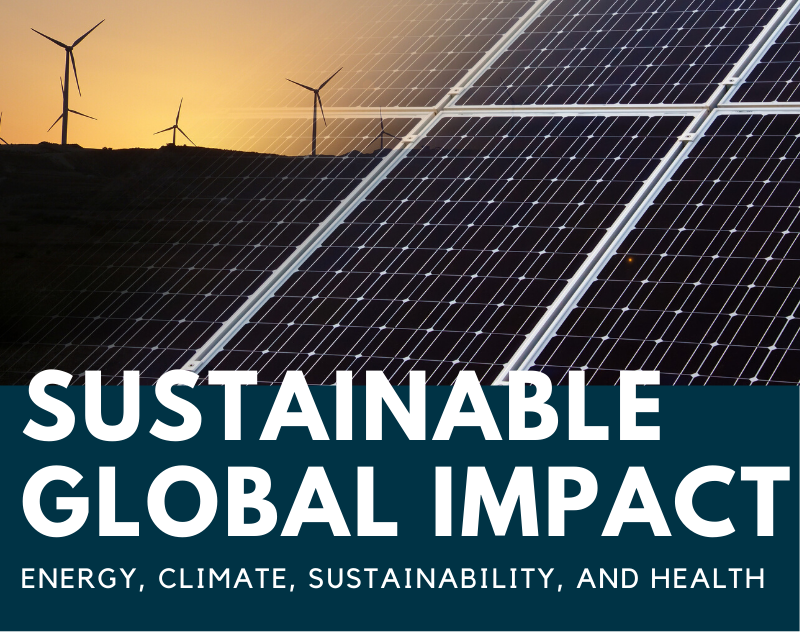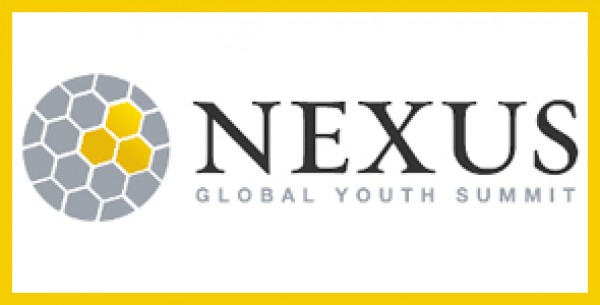The Fashion of Sustainability: Transforming Practice
The clothing and textile industry is the second largest polluter in the world. The first? Oil. When we think of pollution, we imagine coal powerplants, landfills of waste, raw sewage, black smoke and thick smog, strip-mined mountaintops. It’s an image refined and curated by the contrast between headlines of oil spills and burning forests and glamorous, glossy images of beautiful clothing, jewelry – the latest fashions.
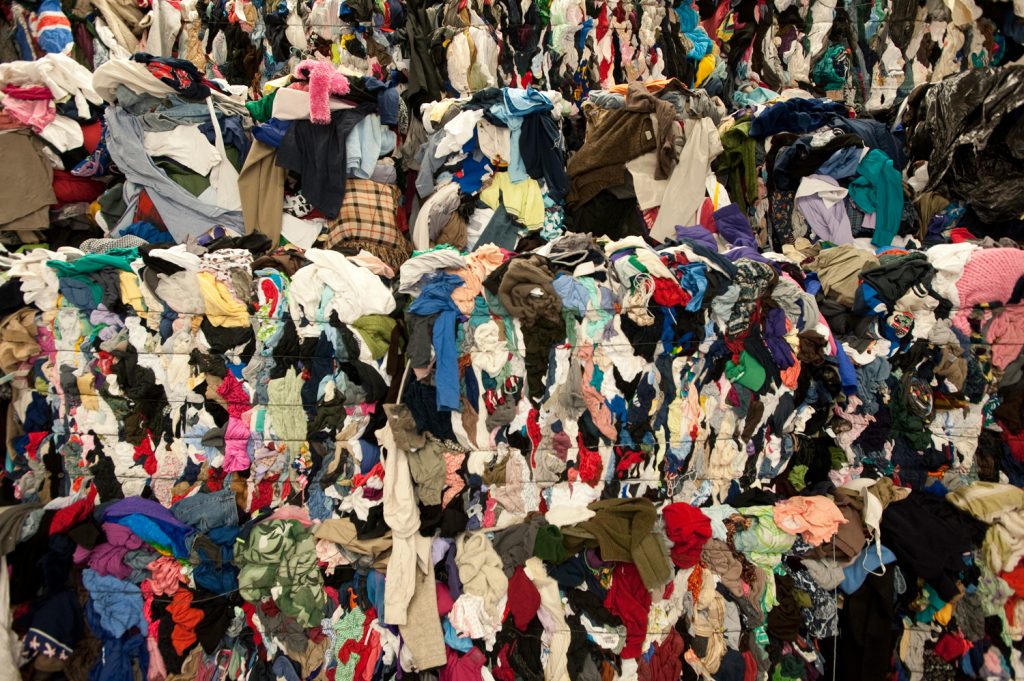
With more than 60% of textile fibers derived from fossil fuels and textile production contributing to more than 10% of greenhouse gases, the fashion industry produces more waste than international shipping and flights combined. But global clothing production continues to rise–in fact, it has doubled in the past 15 years. Today, the clothing industry is valued at 3 trillion dollars, and drives 2% of the world’s GDP. Yet despite increased production (and as by-product, increased waste), consumers are wearing and recycling their garments less and less.
The popularity of fast fashion and the acceleration of trend turnover has fed a culture of consumption, where shoppers are encouraged to buy continuously but wear momentarily. The average life cycle of an article of clothing is less than three years, though most probably worn much less than that. Fast fashion is destined for disuse. 73% of discarded clothing ends up being burned or in a landfill. In the United States alone, more than 15 million tons of textile waste is generated – waste that, because of synthetic fibers derived from plastics, may take hundreds of years to decompose.
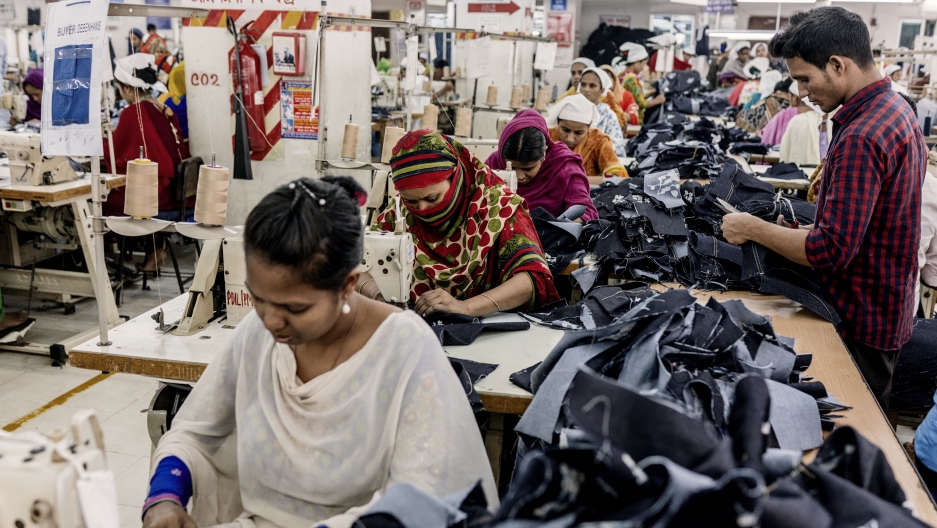
Led by Evie Angelou, Fashion 4 Development is working to reshape the fashion industry by developing responsible supply chains that safeguard the planet and its people. Connected to each United Nations’ Sustainable Development Goal, F4D partners with organizations to support, advance, and lead responsible business practices and products that will ensure fair trade, living wages, and environmentally sound decisions throughout the fashion industry, which employs over 75 million people worldwide. It looks at ways to transform practice to better protect both planet and people.
“Fashion has a loud voice. I can use it to support U.N. goals – not only regarding climate change and the environment, but also regarding human rights, labor rights, and more.”
Evie Angelou, Founder of Fashion 4 Development
Sustainability is the New Fashion
The first step in transforming the fashion industry? Building a conscious consumer movement. Consumers must be educated on the impact of their choices, and empowered with the tools to make better ones. By building awareness, we can foster a new culture of consumption.
Fashion has extended beyond clothes. It has become synonymous with lifestyle, displayed by what one wears, what they drive, where they live, what they eat. Social media cements this rebranding, where all lifestyle choices, carefully documented through Instagram stories, posts, and twitter updates, feed into one’s image – one’s personal brand. Sustainable fashion is a sustainable lifestyle. Fashion 4 Development is building a campaign that makes it fashionable to be sustainable.
Awareness is raised on the macro level; change is made on the micro level. Through small, continuous production changes, businesses can employ tactical, actionable tools that affirm their commitment to sustainability. When individuals and businesses take one step at a time, we collectively move forward by leaps and bounds.
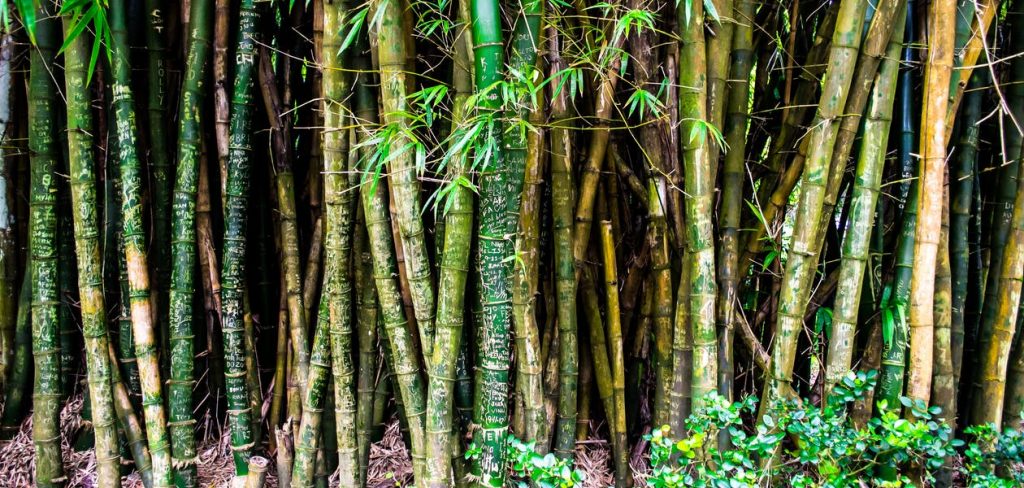


Solutions are spreading throughout the industry that seek to reduce water consumption (20% of global water waste is produced by fashion industries), protect endangered and ancient forests, and reduce waste that is directed to landfills and incinerators. Innovations and disruptions to the supply chain can radically alter the market, if they are given opportunities to grow, scale, and be implemented.
- Canopy is developing alternative fibres, such as fibres derived from straw pulp, bamboo, and flax, that can replace viscose and rayon, thereby shifting production away from endangered forests.
- C.L.A.S.S. is compiling an Eco Hub of textile materials (fibres, yarns, polymers, etc.) that are traceable, transparent, and sustainable to improve the supply chain.
- Modern Meadows has developed a line of biofabricated leather-alternatives and silk-alternatives to protect animals from harm and slaughter, and the world from the waste of animal industries. Leather alternatives are being used in ethical companies like Bhava; down alternatives in companies like Vaute Couture. Designers like Stella McCartney have committed to cruelty-free, sustainable fashion.
- Nike has developed technology to divert and convert three billion plastic bottles from landfills to polyester products and saves more than 20 million litres of water, and aims for zero waste and 100% alternative energy inputs.
- FABSCRAP is diverting commercial textile waste from landfills and incinerators to designers and manufacturers for use in fashion and insulation
- Influencers like The Discerning Brute are pulling together databases of the most sustainable, ethical brands available to empower consumer choices.
SustainaLiving: Fashion for the Future

Altru Institute is partnering with Fashion 4 Development on SustainaLiving: Fashion for the Future, a new initiative to transform production practices that support the fashion industry and lifestyle practices that impact the planet. Launching at the Altru Winter Summit, SustainaLiving draws industry leaders together to build personal relationships and inspiring connections. This community will come together throughout the year to recommit to sustainable practices and engage in a collective process for change. Together, these industry leaders can harness the power of fashion to create sustainable economic growth and empower communities worldwide.
“Sustainability in fashion is a major challenge facing the industry and society in general. The notion of fostering collaboration to identify best practices, to advance sciences and to find new technologies that can reduce harm is a worthwhile and important endeavor.”
Mariam Azarm, Chairman of Altru Institute.
SustainaLiving is a global platform, with events in Davos, London, New York City, and Los Angeles, where producers and consumers can learn about innovations to supply chain practices and come together to establish new industry standards. By working together, progress accelerates. We can inspire a culture that adapts sustainable values whereby consumers understand the true cost of what they buy in terms of its impact on the planet.

